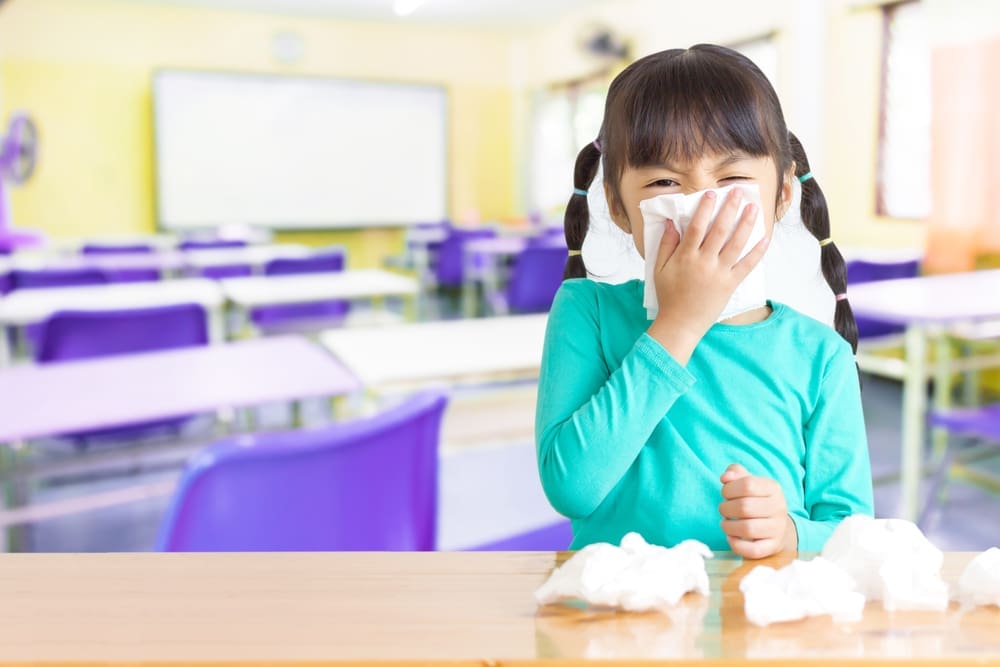New Jersey is witnessing an increase in pertussis cases, also known as whooping cough, as the state prepares for the upcoming school year. Health officials are advising physicians to stay vigilant for this highly contagious respiratory infection.
The Centers for Disease Control and Prevention (CDC) reports that pertussis cases nationwide are more than three times higher compared to the same period last year. The New Jersey Department of Health indicates that the state is experiencing a similar surge, with 128 cases reported as of August 14, compared to 110 at the same time last year.
Pertussis, caused by bacteria spread through coughing and sneezing, presents symptoms that initially resemble a common cold, such as a runny nose and low-grade fever. However, the infection can progress to severe coughing fits, known as paroxysms, characterized by the distinctive “whoop” sound as the patient gasps for air.
Infants under one year old are particularly vulnerable, with many requiring hospitalization due to the severity of the infection. Vaccination remains the primary defense against pertussis, although its effectiveness can diminish over time. The CDC recommends the DTaP or Tdap vaccines, which also protect against tetanus and diphtheria.
The New Jersey Department of Health recently issued a memo urging healthcare providers to promptly test and treat suspected cases of pertussis. They also emphasized the importance of maintaining up-to-date vaccinations to reduce the spread of the disease, especially in schools and childcare centers.
As the state navigates this increase in pertussis cases, health officials continue to stress the importance of vaccination and public health measures to protect vulnerable populations, particularly young children and those with weakened immune systems.
The New Jersey Digest is a new jersey magazine that has chronicled daily life in the Garden State for over 10 years.
- Staffhttps://thedigestonline.com/author/thedigeststaff/
- Staffhttps://thedigestonline.com/author/thedigeststaff/
- Staffhttps://thedigestonline.com/author/thedigeststaff/
- Staffhttps://thedigestonline.com/author/thedigeststaff/


